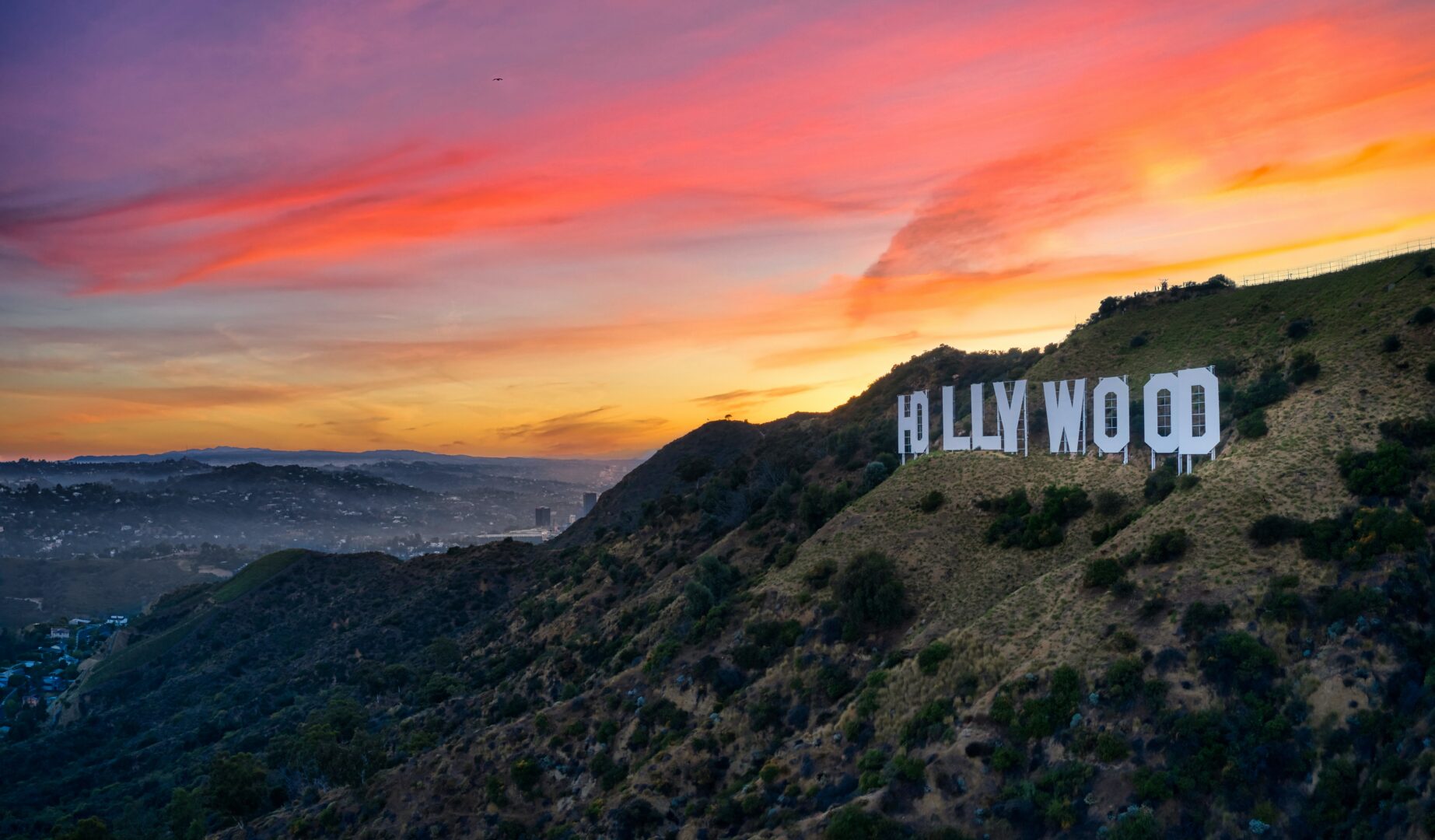From the introduction of sound in films to the transition from analogue to digital production, Hollywood has a strong history of technological innovations that helped mould the industry as a whole.
Concerns about artificial intelligence in Hollywood represent an ongoing conflict between technological advances and creatives.
The Concerns of Hollywood’s Writers
Many of Hollywood’s writers, including Michelle Amor, are concerned about AI’s impact on their careers. There’s fear that AI could replace the human touch in storytelling. Since May, writers and actors have been striking, demanding restrictions on AI tools. They’re pushing for guarantees that AI won’t replace human creativity in films.
Melissa Rundle, another writer, underlines the importance of safeguarding the art of storytelling. She’s wary of AI’s potential to diminish both the pay and contributions of writers. With AI generating plot ideas, the authenticity of stories might be at stake.
AI’s Potential Role in Hollywood
On the other side, some see AI as a possible asset. They imagine AI-generated scripts forming bases for human writers to build upon. Using AI, one could analyse existing movies, audience reactions, and identify comedic elements. This data-driven approach could give writers a starting point, which they could then enrich with human insight.
However, not everyone’s convinced. John Pollono finds the idea of AI using past scripts problematic. He suggests it could lead to stale and repeated narratives, overshadowing writers’ unique styles.
More from News
- Nearly Half Of Corporate Passwords Cracked In 2025 Cybersecurity Tests
- How Can Graduates Adapt To AI In The Workplace?
- What Is Google’s AI Mode And How Does It Work?
- The Clash AI Startups: How Are Competitors Backed By The Same Companies?
- Is AI Influencing Gen Z Spending Habits?
- What Do Experts Have To Say About The Recent Interest Rate Cut?
- Report Reveals Tool Overload Driving Fatigue and Missed Threats in MSPs
- Cat Food Brand Fuzzball Celebrates Winning The Largest Prize In E-Commerce History
The Battle for Creative Rights
The Writers Guild of America is standing firm, advocating for strict regulations on AI’s role. They’re clear in their stance: AI shouldn’t create or adapt literary work. They’re also concerned about AI content being used without giving due credit or pay to human writers.
Scott Rowe, representing TV and movie producers, understands the writers’ fears. Yet, he believes there’s a need for deeper conversations. The challenge is figuring out how AI can assist, without muddying the waters of copyright and credits.
Where’s the Balance Between AI and Creativity?
There’s a growing need to balance AI capabilities with human creativity. AI can help writers with insights and structure, offering data-driven advice. Yet, originality, wit, and the human essence in stories cannot be ignored.
Sara Bibel thinks of AI as a basic tool, much like spellcheck. She’s sceptical about AI’s ability to truly create. Recognising AI’s limits, and viewing it as an assistant rather than a replacement, is vital.
The Hollywood strikes bring to light the worries over AI’s effect on the entertainment industry. AI has very evidently shown its creative capabilities, but clear standards must be put in place to protect the rights of creatives.
Hollywood will have to figure out how to balance AI’s insights with the distinctive elements human creativity brings.
The goal should be to prioritise the voices of individuals who are at the heart of storytelling, but also acknowledging that not all artists produce art with the intention of becoming a product; some artists create art only for the purpose of expression, and this should not be taken away from creatives.

